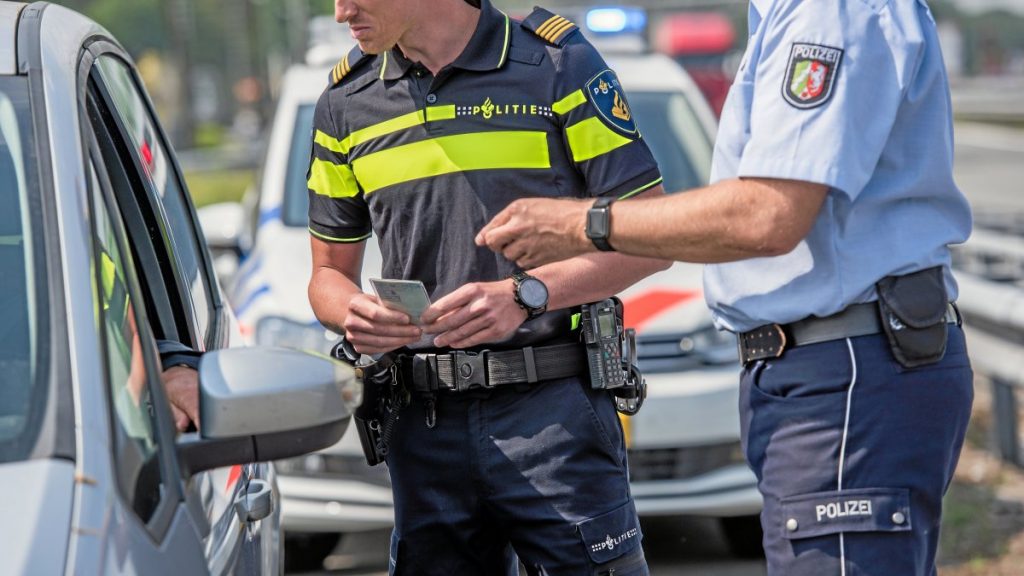
Driving fines in Germany. EU driving license rules. The European Parliament voted in favor of an EU-wide driving ban. The newly approved rules enable the recognition of driving license withdrawals imposed by other Member States. As of now, driving bans issued in foreign countries have not been automatically transferred to Germany; however, this is set to change.
EU-wide driving ban
The driving ban, when issued in another EU country, is slated to be applicable in Germany as well. However, before the more strict requirements take effect, all EU member countries must come to an agreement on this issue.
Read also: What German drivers should know about the driving updates for 2024
“The imposed driving ban is currently valid only in the country where it was issued,“ ADAC points out. A driving ban lasting three months in Italy, for instance, would only prevent driving within Italy. In Germany, there would be no consequences for disregarding this ban.
Read also: Catalog of fines for 2024: Changes for German drivers
Tightening regulations
Members of the European Parliament (MEPs) have included driving without a valid license in the category of serious driving offenses, aligning it with driving under the influence of alcohol or involvement in fatal road accidents. Consequently, details about the withdrawal of a driving license would be communicated to all EU countries. The exchange of information is expected to occur within 10 days, and a decision on the applicability of the driving ban across the EU would be reached within 15 days. The affected driver would receive notification of the final decision within 7 working days of its determination.
Read also: What does the red dot on German highways mean?
ADAC supports the proposed amendment to the regulation, viewing it as a step in the right direction that will enhance road safety. It is acknowledged, however, that the implementation of the Directive into national law will require time, and there are still unresolved questions. SPD MEP Thomas Rudner also endorses the tightening of rules, citing information from the European Commission indicating that approximately 40% of cross-border road traffic offenses currently go unpunished.
